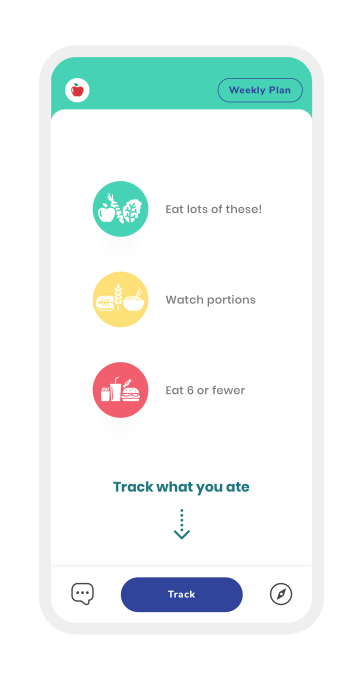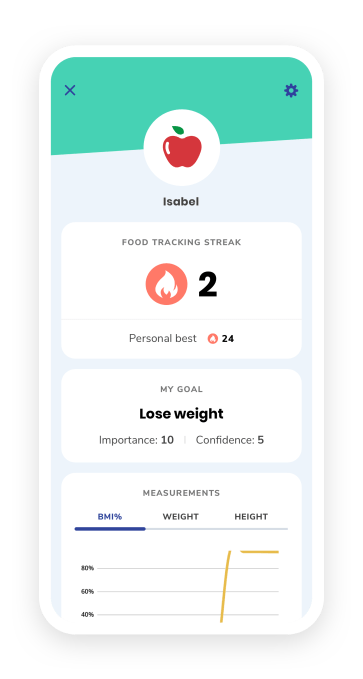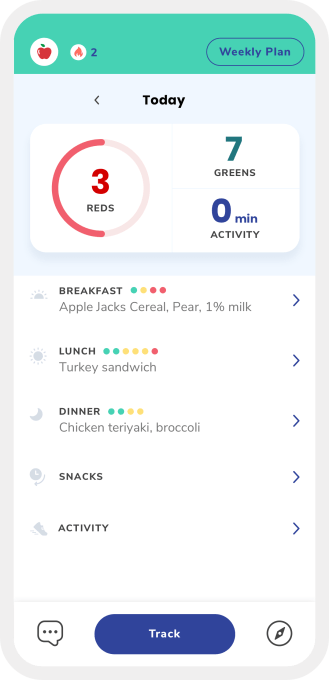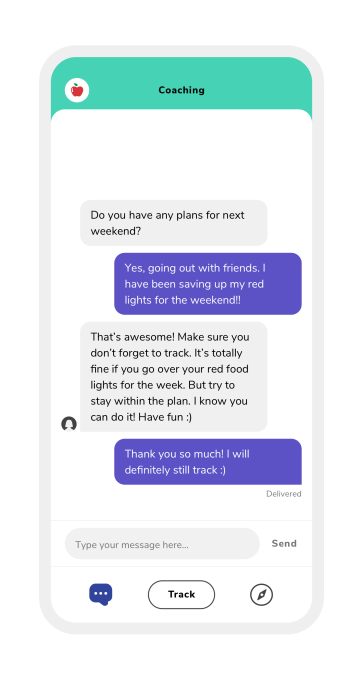For Amanda D’Ambra and Joan Zhang, the idea of starting and co-founding an eating disorder care startup was personal: Both struggled with an eating disorder, along with other mental health issues, and received treatment — a treatment they hoped more people would be able to access.
D’Ambra and Zhang previously worked in digital health spaces before deciding to found Arise, a New York-based virtual eating disorder care company. Arise is looking to provide education, care and long-term support for those afflicted with any disordered eating with a personalized care plan with licensed providers.
The one thing the founders wish they saw more of in other companies was “seeing people as humans first and supporting them in whatever it is in life that they prioritize.”
Based on their personal experience, Zhang and D’Ambra say, other mental health factors impact a patient’s journey, which is why they are trying to personalize patient care.
“There is so much complexity towards what contributed to the eating disorder, and it’s just simply not about just the food, and it’s not just about the body,” Zhang said. “ I think the other really big thing is starting to shift away from, ‘Oh, this is a need problem’, to seeing the broader systemic problem and how it contributes to this culture of disordered eating and eating disorders that has been created.”
According to the National Association of Anorexia Nervosa and Associated Disorders, eating disorders are the second deadliest mental illness (next to that of opioid use) and 26% of people with an eating disorder attempt suicide.
Additionally, BIPOC (Black, Indigenous, and People of Color) are “significantly” less likely to receive treatment compared to white people, and close to 50% of LGBTQIA+ people reported disordered eating behaviors.
For D’Ambra and Zhang, they said they hope Arise can be a welcoming, safe and open space for underserved populations by being “community focused.”
“What we aim to build is a more accessible and inclusive model that is going to serve a much broader pool of folks who really are experiencing eating disorders and disordered eating, but are not getting recognized or getting support,” D’Ambra said.
Arise has been able to garner support as they announced an oversubscribed seed funding round of $4 million led by BBG Ventures (investments in Alula and Reside Health) and Greycroft (investments in Bumble and Boulder Care) with participation from Iyah Romm, Cityblock co-founder, and Sonder Health chairperson Sylvia Romm.
The company is slated to launch their pilot program later this summer — though, the pilot will only serve up to 30 patients. According to the company, the pilot is likely to be “a short-term thing”.
Post beta trial, Arise is hoping to serve around 100 active patients by the end of year. Initially, the company will start operations in New York, North Carolina and potentially Texas. However, since the company plans on partnering with insurance providers and Medicaid it is all dependent on where they can break into.
The company is emerging at a time where mental and digital health companies have seen a loss in personnel and support.
Cerebral lost various insurance contracts after the FDA began an investigation for a potential violation of the Controlled Substances Act. Additionally, Talkspace and BetterHelp have been in the spotlight as the U.S. Senate is reviewing potential privacy rights violations.
The Senate is asking these mental health app providers to give clarification on their data collection and sharing policies after reports alluded that the companies could be sharing data with Meta and Google.
“When it comes to mental health especially, we take member data very seriously and believe strongly in the need to ensure privacy is respected and protected,” D’Ambra told TechCrunch. “For us, that comes in our approach to care, in that we bring it right to people’s homes. Importantly, it also means ensuring data is protected and put back in the hands of our members to empower their healing, and not sold to third parties for advertising or profit.”
Typically, third-party digital health companies do not fall within HIPAA’s purview — despite handling sensitive patient information — and land in a regulatory gray space. It wasn’t until September 2021 that the Federal Trade Commission issued a policy stating health apps must comply with the Health Breach Notification Rule.


 (@jameelajamil)
(@jameelajamil) 


